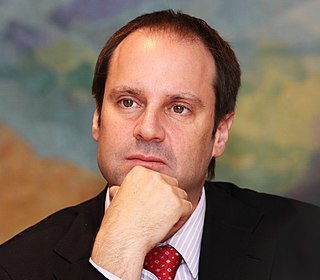A Quote by Brock Pierce
It's not a coincidence these two industry areas - Silicon Valley and Hollywood - use the same jargon. They share a common language, the language of the creator, of the entrepreneur.
Related Quotes
When I first moved to Hollywood from Silicon Valley, I had some misgivings. But I found that there were some advantages to being in Hollywood. And, in fact, some advantages to owning your own media company. And I also found that Hollywood and Silicon Valley have a lot more in common than I would have dreamed.
We believe we can also show that words do not have exactly the same psychic "weight" depending on whether they belong to the language of reverie or to the language of daylight life-to rested language or language under surveillance-to the language of natural poetry or to the language hammered out by authoritarian prosodies.
I believe that we must use language. If it is used in a feminist perspective, with a feminist sensibility, language will find itself changed in a feminist manner. It will nonetheless be the language. You can't not use this universal instrument; you can't create an artificial language, in my opinion. But naturally, each writer must use it in his/her own way.
There is a narrow class of uses of language where you intend to communicate. Communication refers to an effort to get people to understand what one means. And that, certainly, is one use of language and a social use of it. But I don't think it is the only social use of language. Nor are social uses the only uses of language.



































